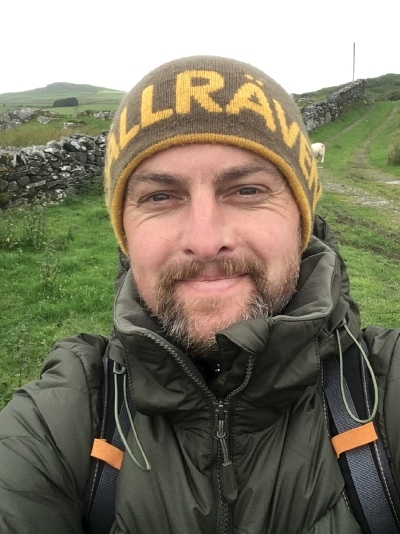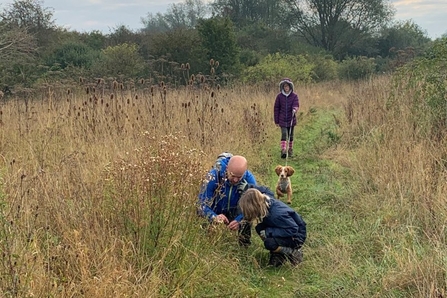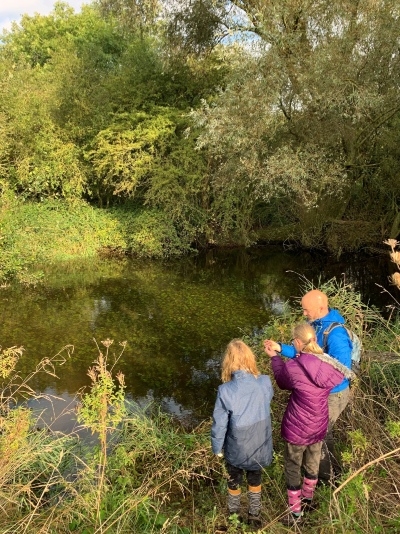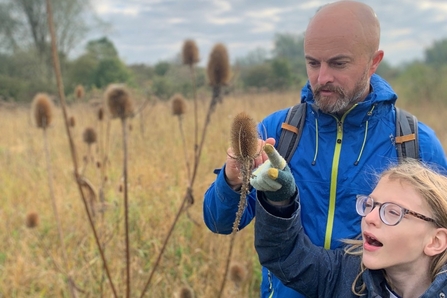
Credit: Rev'd Chad Chadwick
Looking back, I can see that my life was full of people and stress and noise. I was a DJ and heading in the wrong direction in all sorts of ways. When things got rough, I would escape, losing myself in wildness of Strawberry Hill. I used to wander round the open scrub, back then there were just a handful of mature trees and a few blackthorn and hawthorn saplings amongst the grasses, it was easily possible to see the derelict farm buildings up by the ancient oak on the south side.



